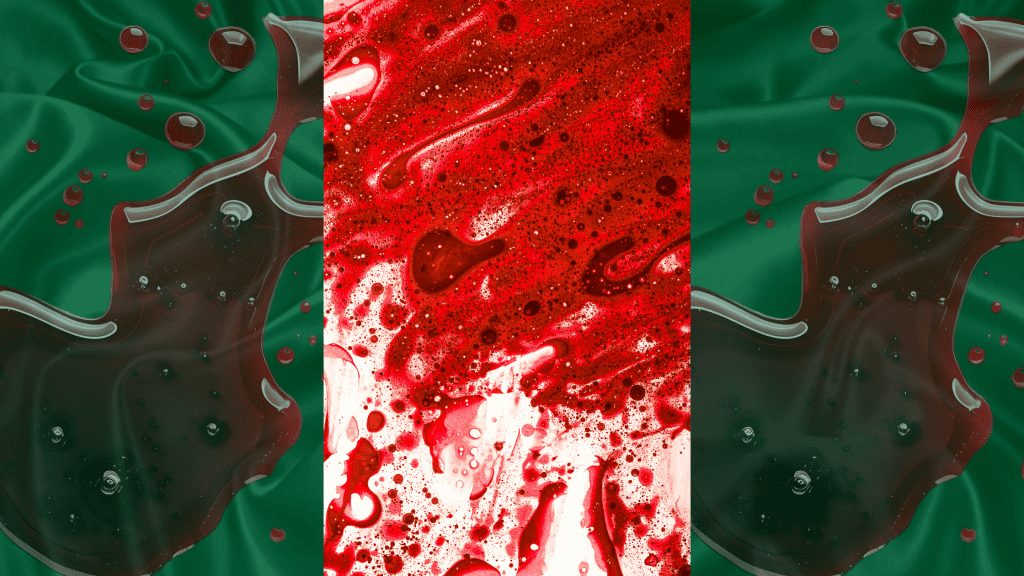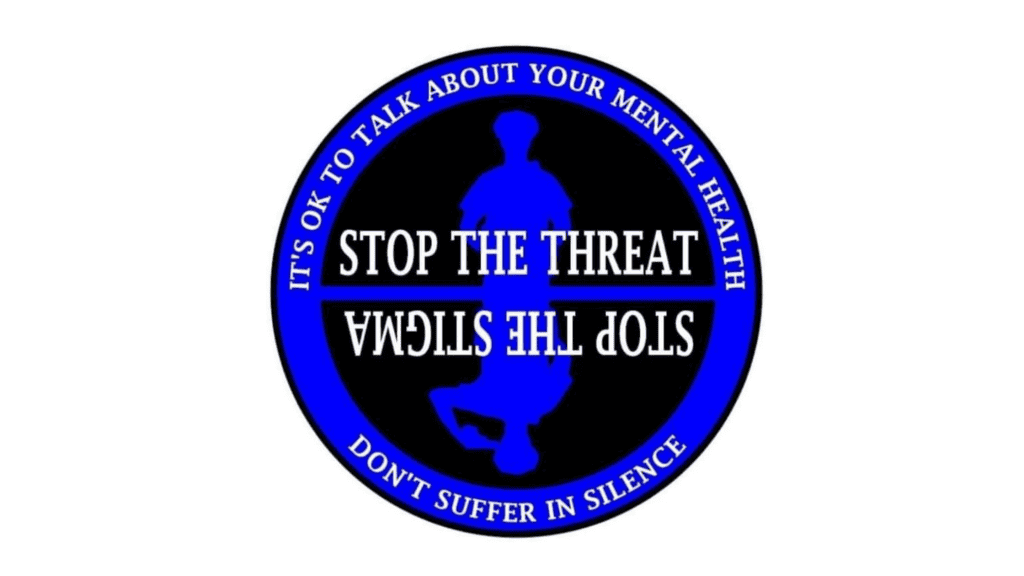Church at War: The Rising Tide of Violence Against Christians in Nigeria

Nigeria, Africa’s most populous nation, is confronting a crisis that has become impossible to ignore: the relentless targeting of Christians and their places of worship. In 2025 alone, churches have been bombed, priests abducted, and entire congregations forced to flee.
Human rights advocates warn that these attacks are not isolated incidents but part of a sustained campaign of religious persecution. The implications extend far beyond Nigeria’s borders. As extremist violence destabilizes West Africa, the silence of the international community raises urgent questions about global commitments to religious freedom and human rights.
If sanctuaries are no longer safe, what does that say about the world’s resolve to defend faith under fire?
Recent Attacks in 2025: A Disturbing Pattern
The year 2025 has unfolded with a grim consistency for Christians in Nigeria. Barely a month passes without reports of churches being stormed, priests abducted, or worshippers massacred in their sanctuaries. What should be sacred spaces of peace and prayer have increasingly become targets of calculated violence. From the Middle Belt to the northeast, the pattern is unmistakable: armed groups deliberately striking Christian communities, leaving behind not only casualties but also a climate of fear that stretches far beyond the immediate victims.
In Benue State, entire villages have been reduced to ashes. Armed raids in May and June left hundreds dead, with survivors describing families locked inside homes and burned alive. Churches were desecrated, and congregations scattered. In Kaduna, pastors and priests have become prime targets. Abductions of clergy have surged, with ransom demands crippling already struggling parishes. Some priests have been murdered, sending shockwaves through communities that now worship under constant fear.
In Borno State, Boko Haram and its splinter group ISWAP continue their campaign of terror. Villages have been raided, homes torched, and Christians murdered in their sleep. Thousands have fled across the border into Cameroon, joining the swelling ranks of displaced people. Even in the southeast, where violence was once less common, priests have been assassinated in broad daylight, their deaths a chilling reminder that no region is immune.
Taken together, these incidents reveal a disturbing reality: 2025 has been one of the bloodiest years for Christians in Nigeria in recent memory. From Benue’s massacres to Kaduna’s abductions, from Boko Haram’s terror in Borno to the assassination of priests in Enugu, the evidence points to a systematic assault on Christian faith and identity.
Faith Under Siege: The Human Cost
Behind every statistic lies a human story. In Southern Kaduna, hundreds of Christians remain trapped by militants, enduring starvation, beatings, and humiliation. Survivors describe being forbidden to pray aloud, with mothers flogged for comforting their crying children. Yet even in captivity, many whispered prayers in their hearts, clinging to faith as their only lifeline.
In Benue and Plateau, widows recount nights when armed men descended without warning, torching homes and churches. Across displacement camps, worship now takes place under trees or in makeshift shelters. The absence of walls or altars has not silenced their songs; instead, it has amplified them, a defiant declaration that faith will not be extinguished.
Priests and pastors, once seen as shepherds of hope, now live under constant threat. Their abductions paralyze entire communities, leaving parishioners fearful and traumatized. Children, too, carry invisible scars. Aid workers report that many draw pictures of burning churches or armed men when asked to sketch their homes. For them, faith is already intertwined with trauma.
Perhaps the most painful wound is the sense of abandonment. Survivors often speak of feeling forgotten by their government, by the international community, even by fellow Christians abroad. Yet amid the ashes, resilience endures. Every whispered prayer in captivity, every hymn sung in a burned‑out village, is a reminder that while churches may be destroyed, the church itself, as a people of faith, cannot be destroyed.
Why This Matters: Beyond Nigeria’s Borders
The persecution of Christians in Nigeria is not an isolated national tragedy; it is a crisis with global implications. With more than 200 million citizens, Nigeria is Africa’s most populous country and one of its largest economies. What happens within its borders reverberates across West Africa and beyond.
Nigeria has become one of the most dangerous places in the world to be a Christian. Thousands have been killed, and hundreds of churches destroyed or abandoned. This is not only a violation of human rights but also a destabilizing force in a region already struggling with insurgency, migration, and fragile governance.
Unchecked violence fuels mass displacement, with thousands fleeing across borders into Cameroon, Niger, and Chad. The spread of extremist ideology risks creating safe havens for global terror networks, with consequences that could reach far beyond Africa. For the global church, the plight of Nigerian Christians is a call to solidarity. For policymakers, it is a reminder that religious freedom is not a peripheral issue but a cornerstone of peace and stability.
The Debate: Religious Persecution or Security Crisis?
As the violence intensifies, a debate has emerged over how to define it. Christian leaders argue that the evidence is overwhelming: churches are bombed, priests are assassinated, and Christian villages are systematically destroyed. They see it as a direct assault on religious freedom.
Others caution against framing the crisis solely as religious persecution. They argue that ethnic rivalries, land disputes, and criminality also drive Nigeria’s conflicts. Boko Haram has killed thousands of Muslims alongside Christians, and Fulani banditry has devastated Muslim communities as well. From this perspective, the violence is part of a broader collapse of security, a failure of governance that affects all Nigerians.
Perhaps the most accurate assessment is that Nigeria’s crisis is both a security breakdown and a campaign of religious persecution. Extremist groups exploit weak governance to advance sectarian agendas, while systemic discrimination against Christians magnifies their vulnerability. Reducing the crisis to a single narrative risks overlooking the lived reality of victims.
A Call to Action: What Must Be Done
The violence against Christians in Nigeria is no longer a distant tragedy; it is a crisis demanding urgent and coordinated response. The statistics are staggering, but behind them are human lives, families, and communities whose faith is under siege.
The first step is to break the silence. Despite the scale of the atrocities, Nigeria’s crisis rarely dominates global headlines. Faith-based organizations, human rights advocates, and international media must amplify the voices of survivors. The world must recognize Nigeria as one of the deadliest places to be a Christian today.
Awareness must translate into action. Governments should press Nigeria to prioritize the protection of vulnerable communities. International partners can provide intelligence, training, and humanitarian aid for displaced populations. Sanctions or accountability measures should be considered against officials who fail to act. Justice must be pursued, and impunity must end.
Policy alone cannot heal the wounds. What sustains Nigerian Christians is their resilience — the courage to gather in burned‑out churches, to sing hymns in displacement camps, and to pray even in captivity. Their faith is not only a source of strength but also a form of resistance against those who seek to silence them. For the global church, solidarity means more than prayer; it means advocacy, resources, and standing shoulder to shoulder with those who suffer.
Conclusion
The church in Nigeria is at war; not by choice, but by circumstance. Yet its endurance is a testimony to the power of faith under fire. The international community cannot afford to look away. To remain silent is to be complicit.
The call is clear: raise awareness, demand accountability, and stand in solidarity with Nigerian Christians. Their struggle is not theirs alone; it is a test of our shared humanity and our collective resolve to defend the freedom of belief everywhere.
Visit GodKulture to read more insightful articles.







Responses